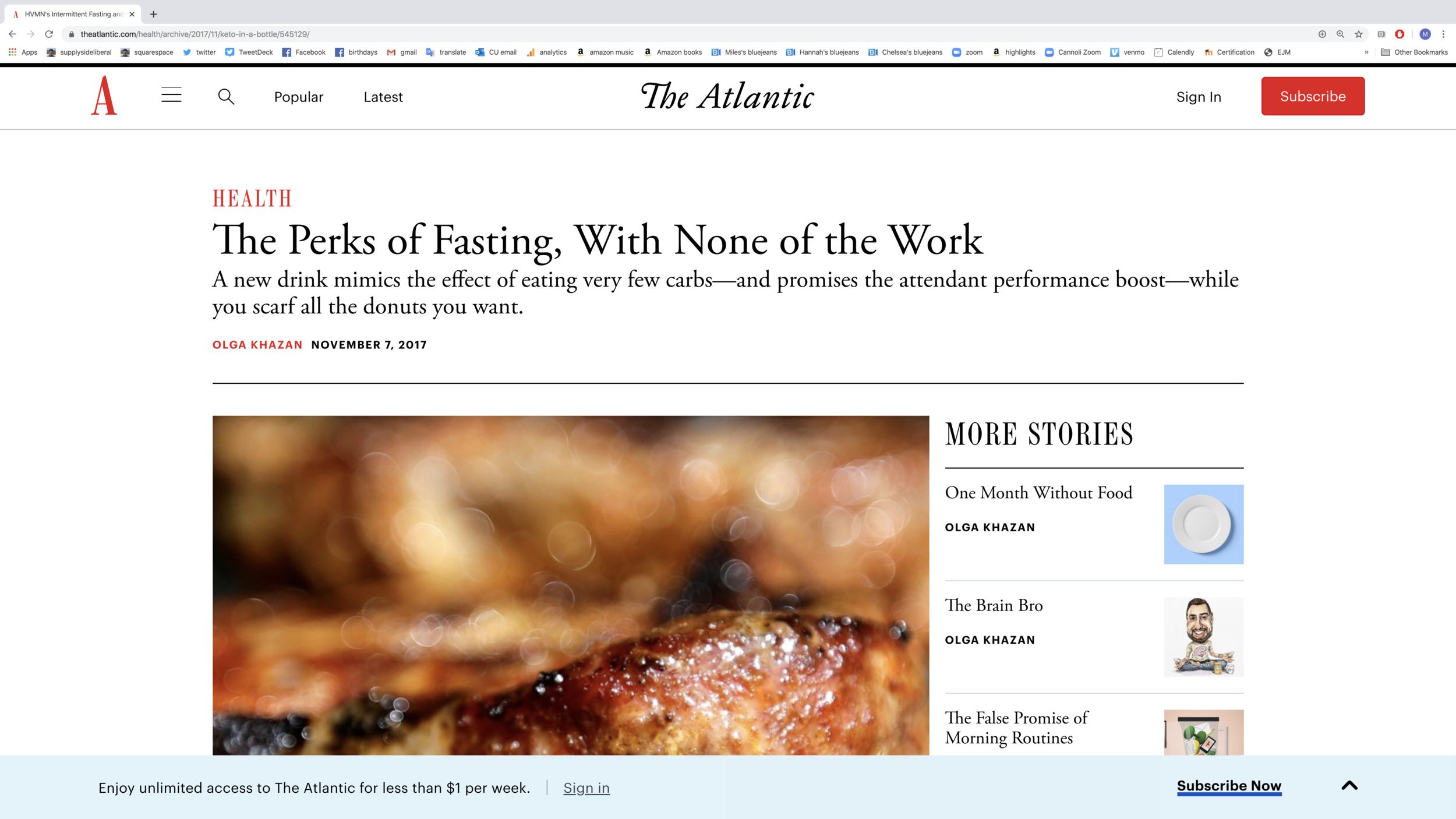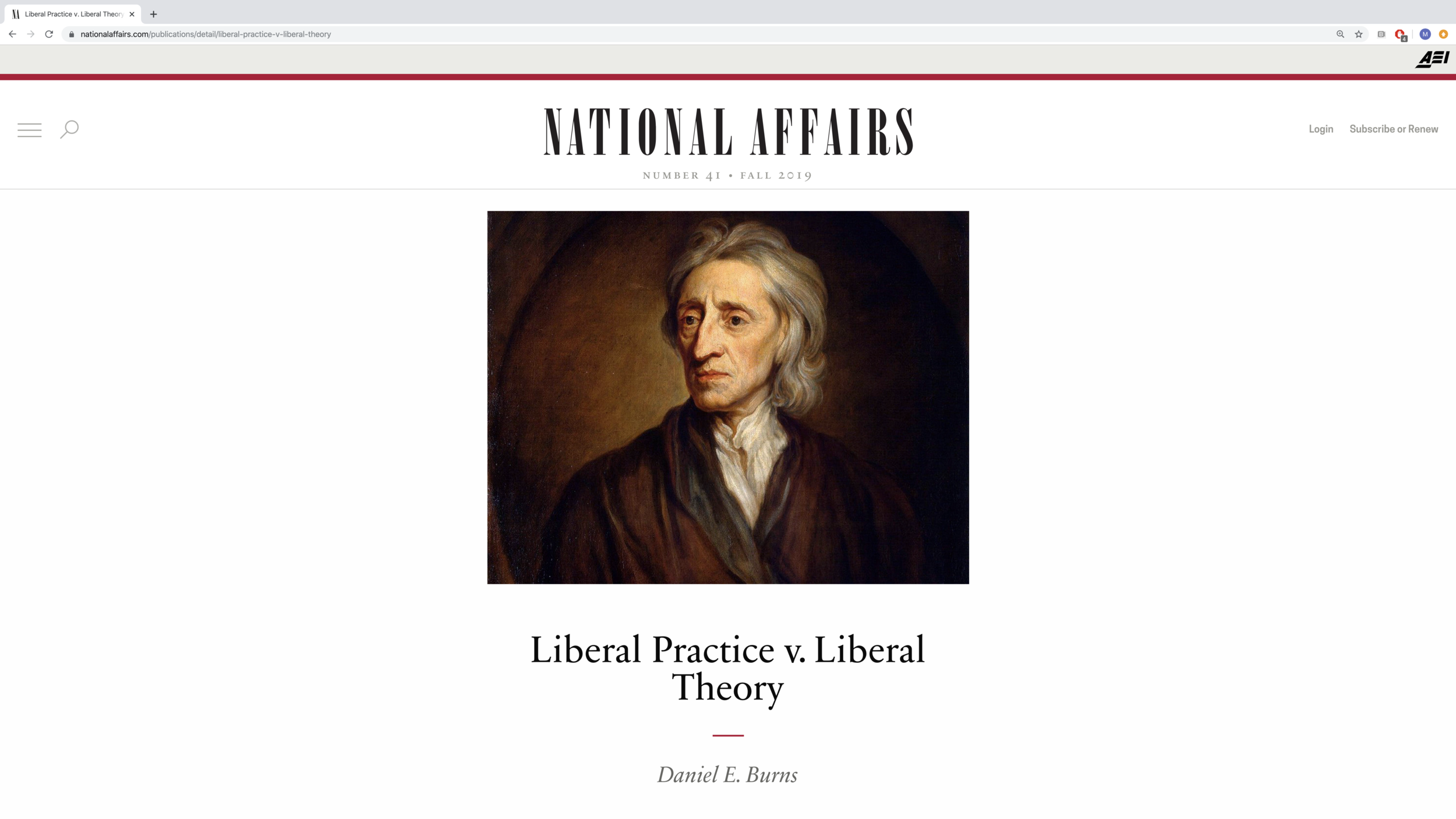In The Federalist Papers, #2, John Jay (writing, as Alexander Hamilton did in #1, under the pen name “Publius”) begins by appealing to the idea of America to argue for the importance of the thirteen states staying united. He circles back at the end of #2 to that theme of union, flattering his audience that their belief most of them have that union is a good idea is well-founded:
It is worthy of remark that not only the first, but every succeeding Congress, as well as the late convention, have invariably joined with the people in thinking that the prosperity of America depended on its Union. To preserve and perpetuate it was the great object of the people in forming that convention, and it is also the great object of the plan which the convention has advised them to adopt. With what propriety, therefore, or for what good purposes, are attempts at this particular period made by some men to depreciate the importance of the Union? Or why is it suggested that three or four confederacies would be better than one? I am persuaded in my own mind that the people have always thought right on this subject, and that their universal and uniform attachment to the cause of the Union rests on great and weighty reasons, which I shall endeavor to develop and explain in some ensuing papers. They who promote the idea of substituting a number of distinct confederacies in the room of the plan of the convention, seem clearly to foresee that the rejection of it would put the continuance of the Union in the utmost jeopardy. That certainly would be the case, and I sincerely wish that it may be as clearly foreseen by every good citizen, that whenever the dissolution of the Union arrives, America will have reason to exclaim, in the words of the poet: "FAREWELL! A LONG FAREWELL TO ALL MY GREATNESS."
In between those two paeans to the thirteen states being united, John Jay first tries to diminish any reverence his audience might have for the Articles of Confederation that the proposed Constitution would replace:
A strong sense of the value and blessings of union induced the people, at a very early period, to institute a federal government to preserve and perpetuate it. They formed it almost as soon as they had a political existence; nay, at a time when their habitations were in flames, when many of their citizens were bleeding, and when the progress of hostility and desolation left little room for those calm and mature inquiries and reflections which must ever precede the formation of a wise and wellbalanced government for a free people. It is not to be wondered at, that a government instituted in times so inauspicious, should on experiment be found greatly deficient and inadequate to the purpose it was intended to answer.
Second, John Jay tries to increase reverence for the Constitutional Convention. Speaking of the Articles of Confederation, he writes:
This intelligent people perceived and regretted these defects. Still continuing no less attached to union than enamored of liberty, they observed the danger which immediately threatened the former and more remotely the latter; and being pursuaded that ample security for both could only be found in a national government more wisely framed, they as with one voice, convened the late convention at Philadelphia, to take that important subject under consideration.
This convention composed of men who possessed the confidence of the people, and many of whom had become highly distinguished by their patriotism, virtue and wisdom, in times which tried the minds and hearts of men, undertook the arduous task. In the mild season of peace, with minds unoccupied by other subjects, they passed many months in cool, uninterrupted, and daily consultation; and finally, without having been awed by power, or influenced by any passions except love for their country, they presented and recommended to the people the plan produced by their joint and very unanimous councils.
Third, John Jay says that, ideally, the proposed Constitution would be considered on its merits, but that given the nature of politics, that is too much to hope for. He then proceeds with an argument from authority—in this case the authority and prestige of the members of the Constitutional Convention. But he makes that argument from authority using an interesting twist. Paraphrasing his argument, John Jay says, in effect,
You trusted the Continental Congress;
the Constitutional Convention is even more deserving of your trust,
because the members of the Constitutional Convention are the best of those who were in the Continental Congress or who otherwise helped America win its freedom from Britain, and
are more experienced than when the Continental Congress first started meeting.
Here is how he makes that case in detail:
Admit, for so is the fact, that this plan is only RECOMMENDED, not imposed, yet let it be remembered that it is neither recommended to BLIND approbation, nor to BLIND reprobation; but to that sedate and candid consideration which the magnitude and importance of the subject demand, and which it certainly ought to receive. But this (as was remarked in the foregoing number of this paper) is more to be wished than expected, that it may be so considered and examined. Experience on a former occasion teaches us not to be too sanguine in such hopes. It is not yet forgotten that well-grounded apprehensions of imminent danger induced the people of America to form the memorable Congress of 1774. That body recommended certain measures to their constituents, and the event proved their wisdom; yet it is fresh in our memories how soon the press began to teem with pamphlets and weekly papers against those very measures. Not only many of the officers of government, who obeyed the dictates of personal interest, but others, from a mistaken estimate of consequences, or the undue influence of former attachments, or whose ambition aimed at objects which did not correspond with the public good, were indefatigable in their efforts to pursuade the people to reject the advice of that patriotic Congress. Many, indeed, were deceived and deluded, but the great majority of the people reasoned and decided judiciously; and happy they are in reflecting that they did so.
They considered that the Congress was composed of many wise and experienced men. That, being convened from different parts of the country, they brought with them and communicated to each other a variety of useful information. That, in the course of the time they passed together in inquiring into and discussing the true interests of their country, they must have acquired very accurate knowledge on that head. That they were individually interested in the public liberty and prosperity, and therefore that it was not less their inclination than their duty to recommend only such measures as, after the most mature deliberation, they really thought prudent and advisable.
These and similar considerations then induced the people to rely greatly on the judgment and integrity of the Congress; and they took their advice, notwithstanding the various arts and endeavors used to deter them from it. But if the people at large had reason to confide in the men of that Congress, few of whom had been fully tried or generally known, still greater reason have they now to respect the judgment and advice of the convention, for it is well known that some of the most distinguished members of that Congress, who have been since tried and justly approved for patriotism and abilities, and who have grown old in acquiring political information, were also members of this convention, and carried into it their accumulated knowledge and experience.
It is worthy of remark that not only the first, but every succeeding Congress, as well as the late convention, have invariably joined with the people in thinking that the prosperity of America depended on its Union. To preserve and perpetuate it was the great object of the people in forming that convention, and it is also the great object of the plan which the convention has advised them to adopt. With what propriety, therefore, or for what good purposes, are attempts at this particular period made by some men to depreciate the importance of the Union? Or why is it suggested that three or four confederacies would be better than one? I am persuaded in my own mind that the people have always thought right on this subject, and that their universal and uniform attachment to the cause of the Union rests on great and weighty reasons, which I shall endeavor to develop and explain in some ensuing papers. They who promote the idea of substituting a number of distinct confederacies in the room of the plan of the convention, seem clearly to foresee that the rejection of it would put the continuance of the Union in the utmost jeopardy. That certainly would be the case, and I sincerely wish that it may be as clearly foreseen by every good citizen, that whenever the dissolution of the Union arrives, America will have reason to exclaim, in the words of the poet: "FAREWELL! A LONG FAREWELL TO ALL MY GREATNESS."
PUBLIUS.










